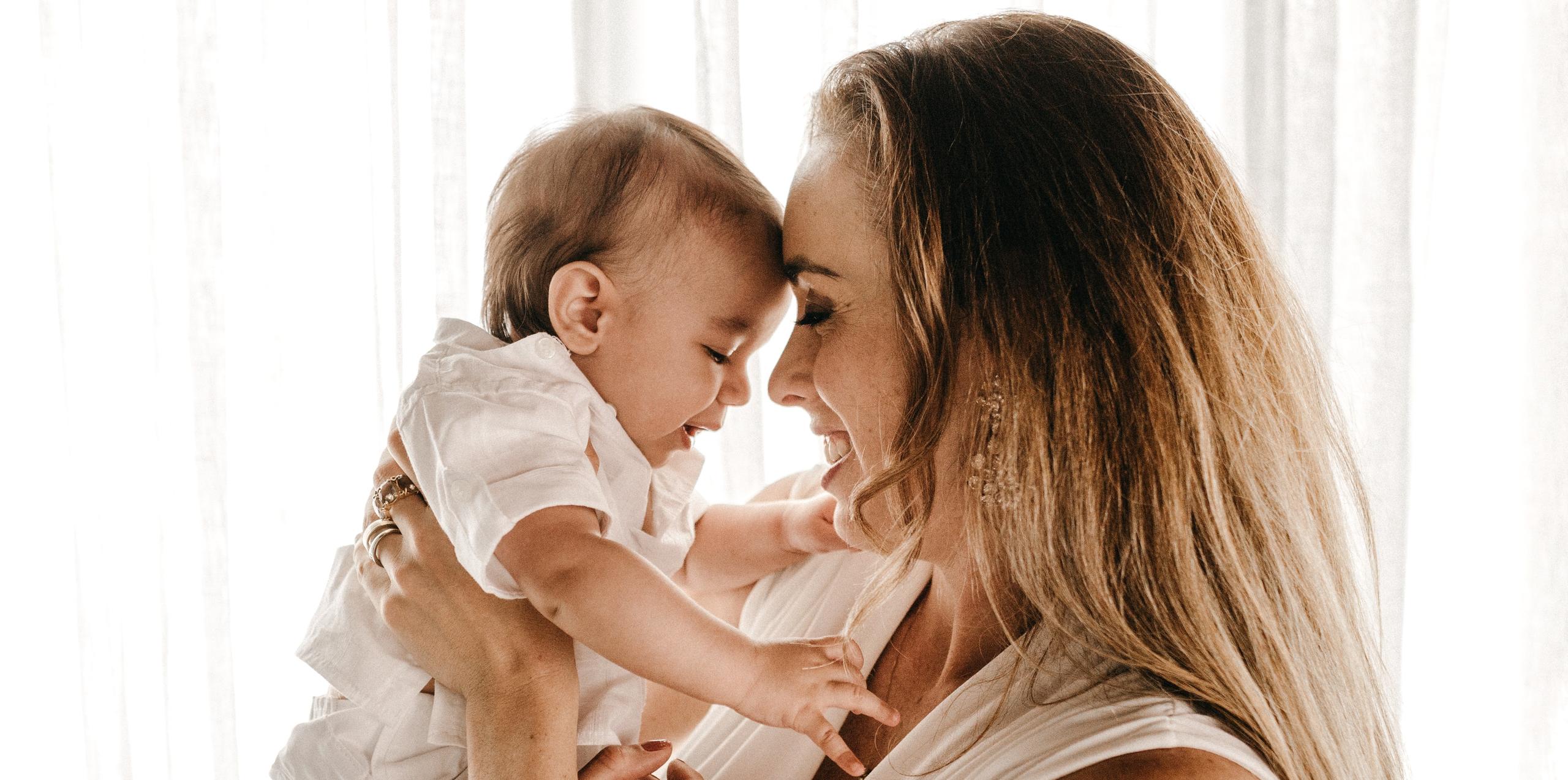Nights feeds

By Angela Wilson
Certified child sleep consultant, MA Natural Sciences Cambridge University and co-founder of Baby Smiles Club
One of the most common questions we get is 'when will my baby sleep through the night?'. We know it can be exhausting for you as a parent to be up in the night feeding, but the reality is babies NEED to feed in the nighttime. It’s because they have tiny stomachs, and milk is easily digested – so they wake up hungry and wanting milk FAST! Know that feeling when you’ve skipped dinner and woken up feeling ravenously hungry, and can’t go back to sleep until you’ve raided the kitchen? That’s how your baby feels!
All babies are different, but typically they need to have night feeds until sometime after 6 months, when their stomachs are large enough to keep them full all night. After that (around 7 months is a good aim), a baby can sleep the whole night through. And by the ‘whole night’, we mean 11–12 hours straight!
Now, we’ve all heard the stories about the friend with the 14 month old who is still waking up every hour or two in the night for a feed. What’s going on here and how does this sit with what we’ve just told you?
It’s because babies can be fed in the night for a few reasons. And it’s not always because they are genuinely hungry!

Babies can wake in the night and be fed for the following reasons:
- A baby could be getting all the milk they need in the daytime, but their stomach simply isn’t large enough to keep them full in the night. This is genuine hunger – which means there is a genuine need for a night feed. A baby simply won't be able to go back to sleep until they've fed.
- A baby could be hungry at night because they aren’t getting enough milk (or solids once they’ve started these) in the day. Which means they need to feed at night to make up for it!
The fix? A baby's routine can be adjusted so they take more milk (and/or solids) in the daytime. This will help them stay nicely full at night, and get the good restorative sleep that they need. - A baby might be snacking in the day rather than taking full feeds. Which again, means they need to feed at night to get all the nutrition and hydration that they need.
The fix? Help a baby to take full feeds, rather than snacking. It can be good to take a step back and look at how a baby is feeding across a 24-hour period, and think about what changes can be made. - A baby might be waking from habit, and find feeding to be a nice and easy way to go back to sleep. Sucking on mum’s breast or on the bottle (whilst taking milk or otherwise) can be really comforting for babies. And some babies might have gotten used to feeding to sleep as a newborn, and think that they need this in order to go back to sleep.
The fix? Whilst feeding might be an easy way to go back to sleep, if a baby is just suckling and not taking any milk (or only a very little), this isn't a genuine need for a night feed. We have a chapter and video on Settling to help your baby go back to sleep without thinking that they need to be fed to be able to do so. - Babies (like us) sleep in sleep cycles. They last around 35–50 minutes up to 3–5 months old, and around 60–120 minutes after that. If a baby wakes up after a sleep cycle, and hasn’t yet mastered the art of self-settling, they might want a feed as a way of being settled back to sleep. Whilst feeding can be an easy way for a baby to go back to sleep, this isn’t a genuine need for a night feed.
The fix? Help your baby to learn to self-settle!
We explain all about Night Feeds in our Baby Sleep Program, including your options for night feeds, how best to give them and night weaning. Our Baby Sleep Program is created with kindness and empathy and has two foundations: the science of how babies sleep, and fostering and strengthening the parent-child bond.

